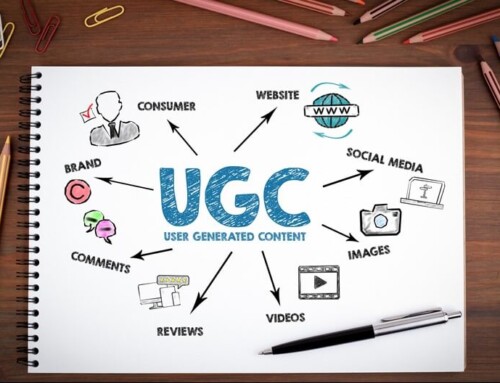Eighty-eight percent of companies suffer a blow to their bottom line because of inaccurate data, ultimately losing 12 percent of their revenue. (1)
Data decay can also harm the outcome of lead generation programs. A business that fails to provide updated B2B contact data for these programs wastes 27.3 percent of salespeople’s time. This failure equates to 546 hours per year for every single sales representative. (2)
Dirty data can also have legal ramifications if it violates the General Data Protection Regulation (GDPR). This rigorous privacy and security law is one of the toughest in the world. The legislation requires companies to protect customer data. A business could unknowingly violate GDPR if, for example, a phone number that once rang to a business now rings to an individual’s cell phone who no longer works for the organization.
Companies depend on email addresses, phone numbers and website URLs to find and nurture leads. This data is one of their most valuable assets. Yet this data is in a constant state of decay. Data decays when it becomes outdated, inaccurate, ages out or comes from an unreliable source. Thirty new businesses are formed, 75 business phone numbers and 20 business addresses change, and 20 CEOs leave their jobs every 30 minutes. (3)
Preventing Data Decay
Data powers sales intelligence. Rotten data has a paralyzing effect on the very heart of sales – the Customer Relationship Management (CRM) system. And when sales intelligence is compromised, sales will decline.
Rotten data is the reason why taking measures to prevent data decay is critical. The practice of ensuring that data is accurate is known as data hygiene. It involves several different tactics.
First and foremost, every business should create a data hygiene strategy that maintains data regularly. A solid data hygiene strategy will implement the following:
- A double opt-in process for new subscribers that confirms the validity of their email address
- Real-time verification at email address collection points such as web registration forms
- Validation of email addresses before the execution of every lead generation email campaign
- Weekly or monthly confirmation of subscriber lists via an email verification tool
Since CRM is a vital sales tool, investing in a data hygiene integration may be worthwhile. This technology automatically feeds data confirmed as clean into the CRM.
An integration like this is particularly valuable if a business decides to fill in its CRM gaps with data it sources from a third party. The providers of this data supply their clients with information about prospects they may not have access to themselves. An ethical data provider will scrub their data. That said, with data changing so quickly, it is still a good idea to run it through the integration mentioned above.
The other tactic for gathering data relies on a more personal approach: ask subscribers and current customers to update their data themselves. A gentle reminder is recommended in this situation – one that leads with reasons why updating it is beneficial for them. This update is an excellent opportunity to reinforce the value of the company’s products or services.
Yes, data decays quickly. But with a little extra effort and investment, organizations can outpace this decay. The result – accurate sales intelligence that will lead to more sales closings – will improve the bottom line and the business’s long-term strength.
Uncertain times call for creative thinking. Contact Gavel International to be inspired with solutions that connect and engage your people.
____________________________
SOURCES:
- EDQ survey taken by more than 1,200 organizations in the United Kingdom, the United States and Europe. Businesses that fell into a wide range of company sizes and sectors were surveyed.
- LeadJen study that used data from 12 lead generation campaigns across different industries. The study indexed over 100,000 connections made by phone or email.
- Sales & Marketing Institute and Dun & Bradstreet.
This article was last updated on July 18, 2025
- Should Your Company Hire a Chief Metaverse Officer? - January 20, 2025
- Deepfakes Can Harm Your Company’s Reputation - December 30, 2024
- The Social Side Effects of Using Artificial Intelligence at Work - November 13, 2023






